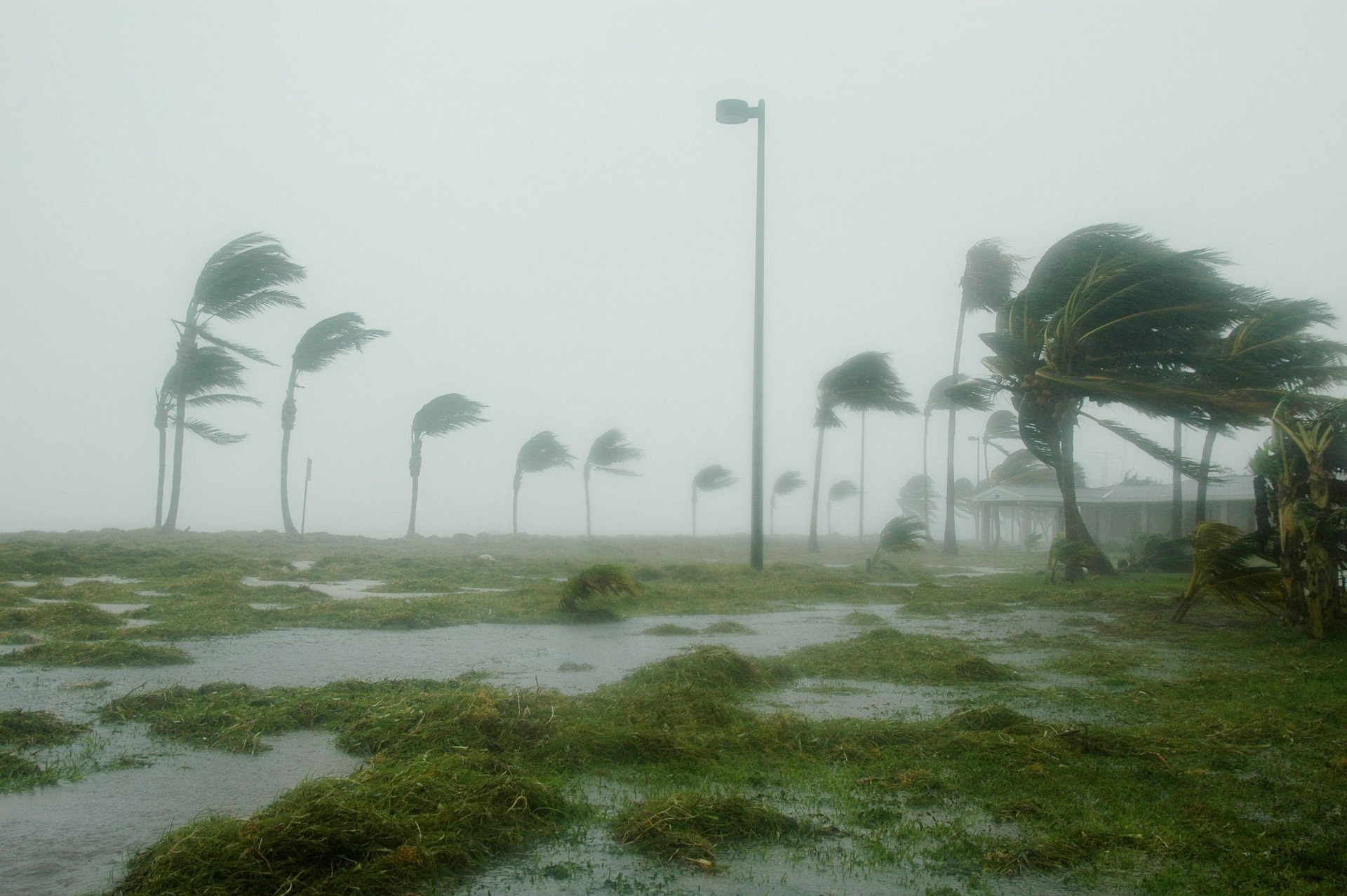The North Carolina Legislature’s rejection of building code updates likely worsened the damage caused by Hurricane Helene, code experts say.
Over the past 15 years, lawmakers rejected limits on construction on steep slopes, which might have reduced the number of homes destroyed by landslides. The legislature also blocked a rule requiring homes to be elevated above the height of an expected flood and weakened protections for wetlands that help the environment absorb stormwater runoff.
Lawmakers have slowed building code updates, making it harder for the state to qualify for federal climate-resilience grants. In 2013, the legislature changed how often North Carolina would update its codes to every six years from every three.
The change proved important. In 2015, the International Code Council added a requirement that new homes in flood zones be built at least one foot above the projected height of a major flood. Instead of adopting that mandate statewide, the legislature left it up to local officials to decide whether to adopt it in their community.
Related Stories
Codes and Standards | Mar 17, 2022
Dept. of Energy seeks input on building-integrated photovoltaic systems
The U.S. Department of Energy (DOE) Solar Energy Technologies Office (SETO) and Building Technologies Office (BTO) recently issued a request for information to gather input on technical and commercial challenges and opportunities for building-integrated photovoltaic (BIPV) systems.
Legislation | Mar 16, 2022
Weak federal commercial real estate rules will hamper seizing Russian assets
Lax disclosure regulations that have made the U.S. a global hot spot for money laundering via real estate holdings will make it difficult for officials to seize properties from Russian oligarchs.
Codes and Standards | Mar 15, 2022
First company awarded Fitwel Certification in Senior Housing for Occupant Health & Wellness
The Springs at Greer Gardens in Eugene, Ore., is the first property to earn a Fitwel global health certification under the newly created senior housing scorecard.
Codes and Standards | Mar 10, 2022
HOK offers guidance for reducing operational and embodied carbon in labs
Global design firm HOK has released research providing lab owners and developers guidance for reducing operational and embodied carbon to meet net zero goals.
Codes and Standards | Mar 7, 2022
Late payments in the construction industry rose in 2021
Last year was a tough one for contractors when it comes to getting paid on time.
Codes and Standards | Mar 7, 2022
Massachusetts proposed energy code changes don’t ban gas
Proposed changes to the Massachusetts energy code would provide incentives for builders to fully electrify buildings, but not impose a ban on natural gas hookups.
Codes and Standards | Mar 4, 2022
Construction industry faces a 650,000 worker shortfall in 2022
The U.S. construction industry must hire an additional 650,000 workers in 2022 to meet the expected demand for labor, according to a model developed by Associated Builders and Contractors.
Codes and Standards | Mar 4, 2022
FAA offers $1 billion in grants for airport terminal and tower projects
The Federal Aviation Administration (FAA) is now accepting applications for about $1 billion in grants for airport projects during fiscal year 2022.
Codes and Standards | Mar 1, 2022
Engineering Business Sentiment study finds optimism despite growing economic concerns
The ACEC Research Institute found widespread optimism among engineering firm executives in its second quarterly Engineering Business Sentiment study.
Codes and Standards | Feb 28, 2022
Low-cost concrete alternative absorbs CO2
Researchers at Worcester Polytechnic Institute have developed a new CO2-absorbing material that’s a low-cost alternative to concrete.


















